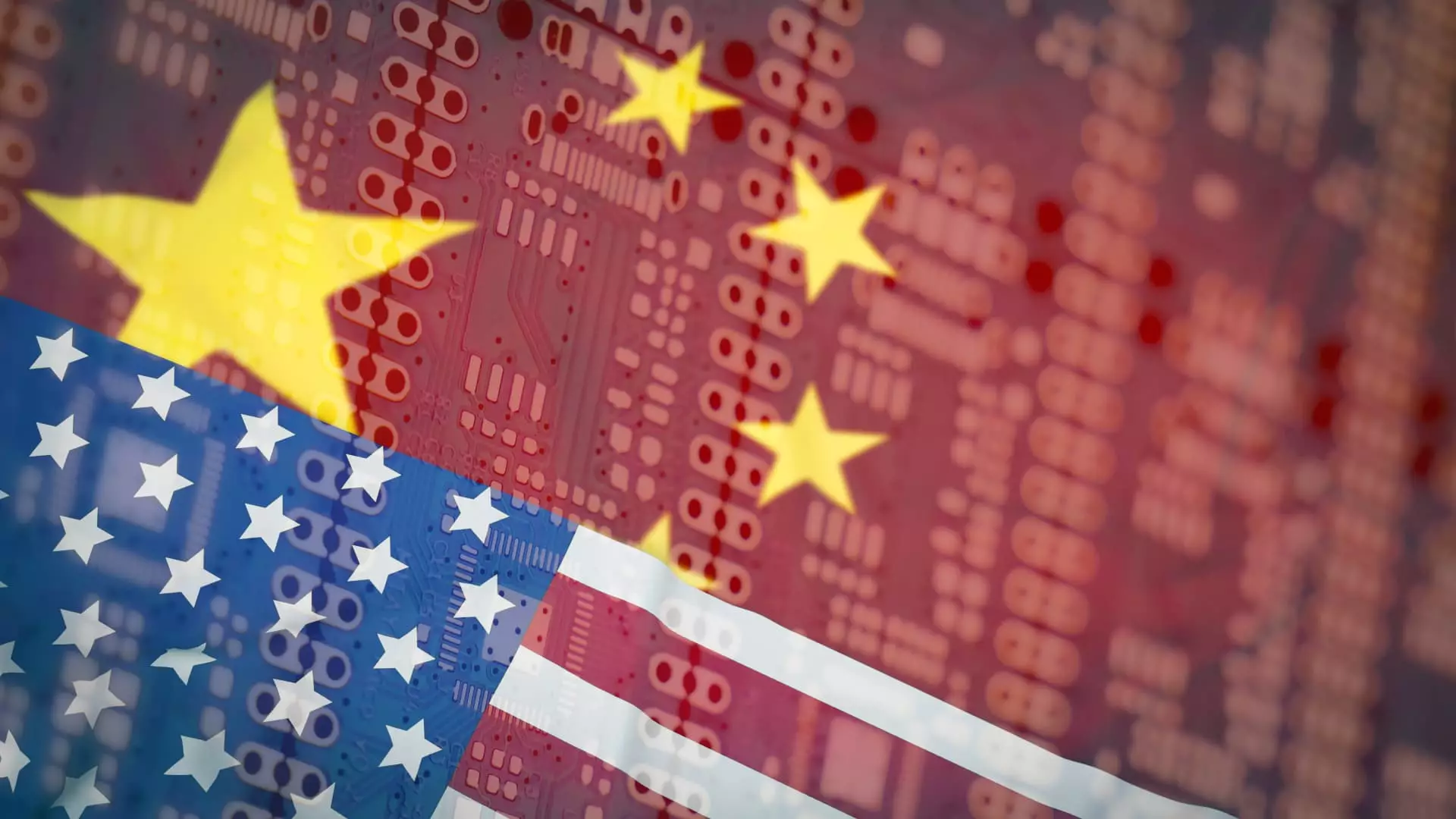In a significant development, the Biden administration has launched an investigation into legacy Chinese semiconductors, which are integral components found in various consumer products, vehicles, and even military systems. This initiative reflects growing concerns regarding China’s influence on global semiconductor supply chains and the impact of its non-market practices on U.S. industry competitiveness. The scrutiny stems from allegations that China employs strategic, state-supported policies that not only disadvantage foreign competitors but also create vulnerabilities in critical supply chains.
Semiconductors are the backbone of modern technology, powering everything from smartphones to defense applications. The term “legacy semiconductors” refers to older chips produced using more traditional manufacturing techniques. While Chinese firms lag behind their global counterparts, such as Taiwan Semiconductor Manufacturing Company (TSMC), they have mastered the production of these legacy chips, allowing them to dominate this segment of the market. The U.S. investigation will particularly focus on silicon carbide substrates and other essential wafers crucial for semiconductor fabrication.
The investigation, classified under Section 301 of the Trade Act of 1974, indicates a shift in U.S. policy, focusing not just on cutting-edge technologies but expanding its oversight to older chip technologies as well. This expansion reveals a broader strategy to mitigate reliance on Chinese technology, particularly as the U.S. grapples with the consequences of its dependence on foreign suppliers for critical components. By assessing the implications of these legacy semiconductors, the administration aims to fortify American technology infrastructure against supply chain disruptions.
Furthermore, if the investigation substantiates claims of deleterious practices by China, it could lead to the imposition of tariffs on these semiconductor products. Such tariffs would serve as a protective measure, aimed at reducing the domestic market’s dependency on Chinese supply chains and potentially incentivizing the growth of local semiconductor manufacturing.
As the Biden administration intensifies its examination of legacy semiconductor production, the implications extend beyond mere economics. This development underscores a strategic pivot in U.S. technological policy as the nations engage in a broader competition for technological supremacy. Whether this investigation will have lasting repercussions on U.S.-China relations remains uncertain, especially with the prospect of a change in leadership, as the findings could be handed over to the incoming administration, which may have divergent views on trade with China.
The probe also raises questions about the future of the global semiconductor industry. With the escalating tensions, other nations may feel compelled to reassess their own dependencies on Chinese technology, prompting a restructuring of the semiconductor landscape. Although this investigation could bolster domestic industry, it also risks inciting retaliatory actions from China, further complicating an already fraught relationship.
While the investigation into legacy Chinese semiconductors signifies a proactive approach to bolstering national security and economic resilience, it is essential to navigate these waters cautiously. The outcome will shape not only the semiconductor industry but also the broader geopolitical dynamic between the U.S. and China for years to come.


Leave a Reply
You must be logged in to post a comment.